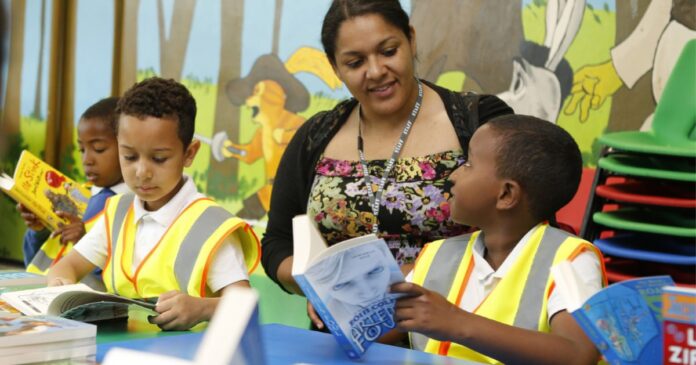Thinking back to your own childhood memories, you probably remember the days of learning the letters of the alphabet, learning how to count, read, and also write. Although your own childhood memories might not date back further than 30 years, things have drastically changed now, and children are expected to learn the letters of the alphabet; sometimes before they even attend their first day of school.Here are some Tips to promote Early Literacy in Children.
This rush to make children learn as much as they can, as fast as they can, is mostly due to the rush to get them prepared for college, and their future careers. Now, schools teach young students at a much faster pace, and this is why it is important to ensure that your child gets that early literacy before moving on to a higher level of learning.
Why Early Literacy is Important
The research shows that children from households where the parents or other grownups read to them or converse with them have higher literacy skills. These kids are more equipped to:
- Succeed in school, as opposed to other children who lag behind in terms of literacy skills.
- Speak in a more sophisticated manner. Children who are more literate are more likely to have an expansive vocabulary. As they read with their parents and speak to them, they gather advanced words easier, and will be able to apply them in sentences.
- Complete their high school diploma. Children who are sound academically will have better chances of completing their high school diploma. While kids who fall behind in school will constantly be on a journey to catch up, academically sound children will always be at the level they are supposed to be, or even higher.
Supporting child’s literacy
You do not need to dedicate every waking hour to your child’s literacy; neither does it have to be stressful on you or your child. There are easy ways you can help your child develop their literacy skills.
- Create a good bedtime routine where you read to your infant or toddler. The books should be age appropriate, with an easy storyline, and lots of pictures.
- Converse with your child. Some adults believe that babies or children should be spoken to in babble or over simplified English, but it is more helpful if you speak to your child in careful tones, naming different objects slowly so they can hear the correct pronunciation.
- Include learning games in your preschooler’s activities. There are plenty of educational apps and learning games available to help your child learn in a fun and exciting way.
- Practice writing and identifying letters with free preschool reading worksheets. Point out the importance of handwriting to them, and help them practice printing letters.
- Limit their television watching to educational and high-quality programs. It is easy for kids to get completely lost in watching a television program, so you should filter the kind of content you want your child to immerse himself in for hours. Include interactive TV shows for children, and other shows like Sesame Street that aims to improve children literacy skills.
Some parents do not understand the effects of proper early literacy in their kids and what it can translate into. It will boost your child’s confidence, keep them on track an on the level they are expected to be – education wise, and also help them easily grasp more advanced concepts as they progress in school or their career.





